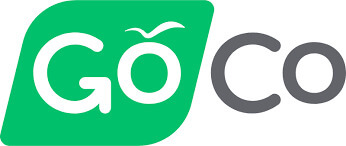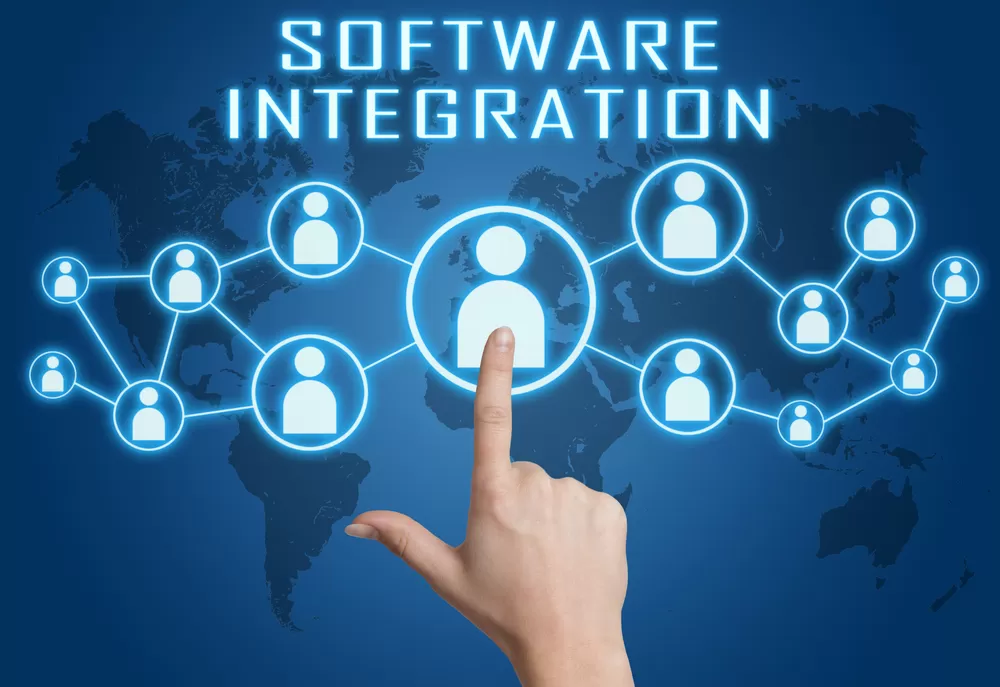Find the right software match!
Get matched for free with top HR software.
Recruitment strategies of some kind are in place for every company that employs people. However, many companies miss the mark by strategizing to find top talent or hire quickly. The real purpose of hiring is to employ great people with staying power, so starting off with this end goal in mind can help you create a plan that will improve retention for future longevity.
Our 2024 Preferred HR Software Partners

BambooHR Software
By BambooHRCompany Name
BambooHR
Suitable Company Sizes
Small, Medium
Support Available
Android, IOS, Web Browser, Windows

Paycor HCM
By PaycorCompany Name
Paycor
Suitable Company Sizes
Small, Medium, Large
Support Available
Android, IOS, Web Browser, Windows

GoCo
By GocoCompany Name
Goco
Suitable Company Sizes
Small, Medium
Support Available
Android, IOS, Web Browser, Windows
Evaluate Your Brand
The perception of your brand may attract people or turn them off to your company. Taking pains to ensure that your brand is associated with the right culture can act as a passive recruitment strategy that will be working behind the scenes consistently and continuously. Company pride can be valuable for both initial hiring and retention.
Ensure Great Work/Life Balance
If your employees’ work/life balance is out of whack, they won’t be promoting your brand. In fact, your employees may even be warning people against getting involved with your company if you’re not making their work/life balance a priority. Make sure that your employees are not overworked or underemployed, that they get breaks at reasonable intervals, and that they are challenged enough to stay interested in their work.
Treat Candidates as Customers
Attracting candidates is very similar to attracting customers and many of the same rules apply. Showing candidates that they are valued and showcasing the company in a way that will make people want to interact will go a long way. Treating candidates respectfully when it comes to calling them back and communicating with them will help build loyalty as it does with customers.
Value Employee Referrals
Employee referrals tend to produce great candidates that are more likely to stay on longer. Having a “friend on the inside” helps streamline the process of acclimation to the company culture and can make new employees feel more comfortable with training and asking questions.
Put Your Data to Work
Use your analytics to find out what sources and recruitment strategies are netting employees that stay on. Likewise, figure out which sources are duds and unload them. This will help you to invest more time and effort into the avenues that are working.
Polish Your Job Advertisements
Job advertisements should tell a candidate everything that he or she needs to know about a job. There should be no guessing involved when it comes to job tasks or position requirements. If salary is negotiable, put a range so that candidates can gauge where they might fall on the spectrum based on their experience and skills.
Make the Interview Count
Modern technology has flipped the interview experience on its head; candidates can now rate a company on the interview process whether or not they make the cut. This makes it imperative to hone your interview process so that the candidate experience is pleasant, the questions aren’t boring, and you actually learn something about how a candidate will fit in the position and your company as a whole.
Be Up Front About Pain Points
Many employers try to hide the ugly parts of a job from candidates so that they will not quit on the hiring process. This is a short-sighted strategy because those candidates will be more likely to quit when faced with the realities of the job. Being upfront about the less than glamorous parts of the job will earn you points for honesty with the right candidates and help you filter out the poorly matched candidates.
Assess Skills Before Hiring
Implement an evaluation of some sort that helps you see how skilled an employee is before you hire the person. A trial shift, a virtual reality session, or a prototype of an employee’s work are all viable options for skills assessment.
Take Care of Your Employees
Even if you perfect your hiring process to bring in the best candidates in the business, they will not stay if they’re not being treated right. Make sure you’re paying a competitive wage, offering benefits and flexibility that allow your employees to live well, and managing their productivity in ways that make them feel appreciated and challenged.
The right applicant tracking system (ATS) software solution can help you optimize your recruitment strategies while saving you time and effort. For assistant with ATS software selection, visit our Software Match page today.










